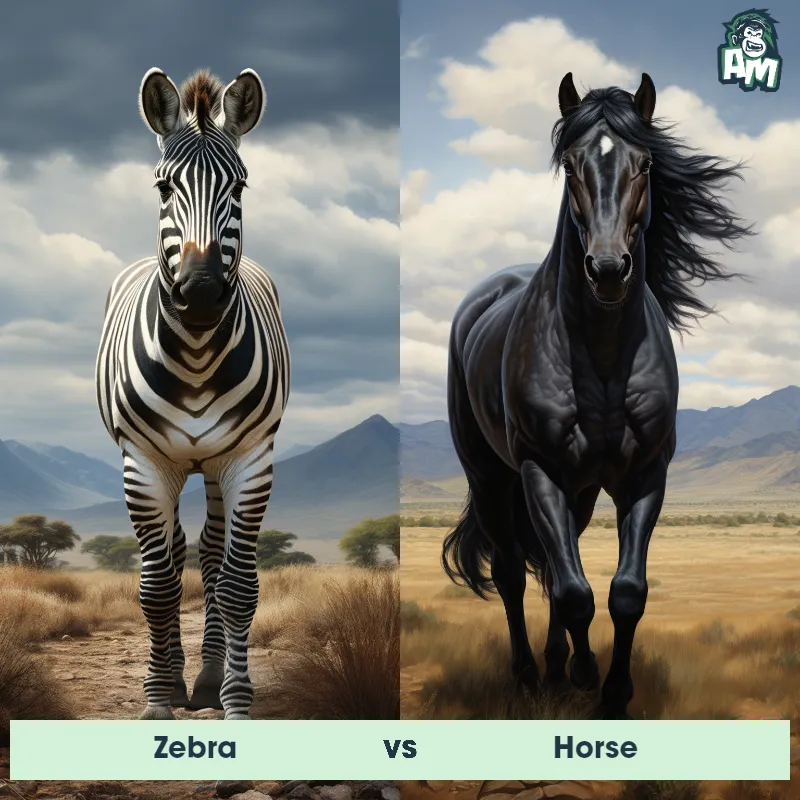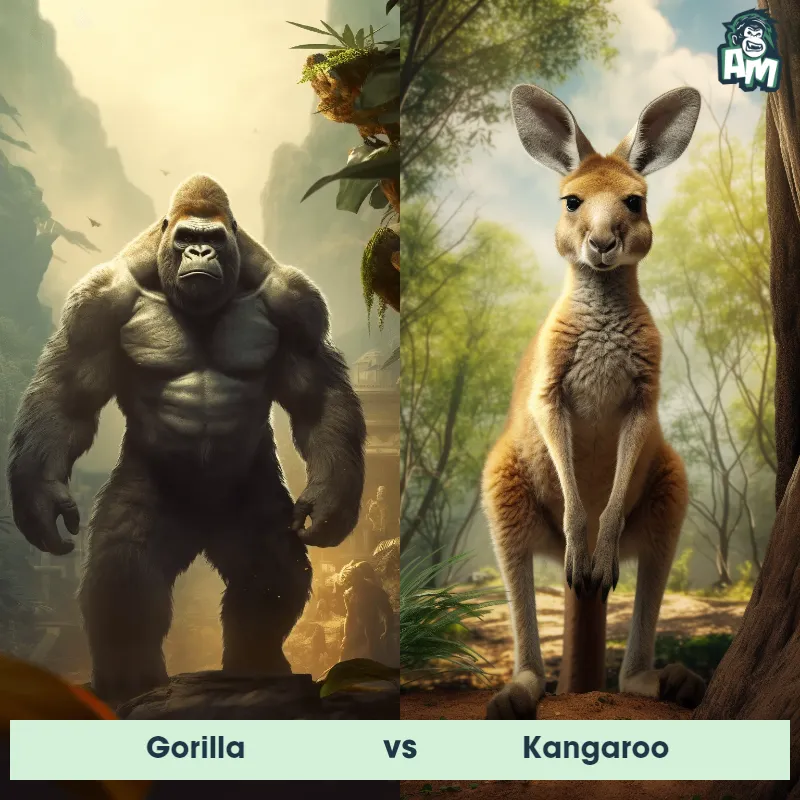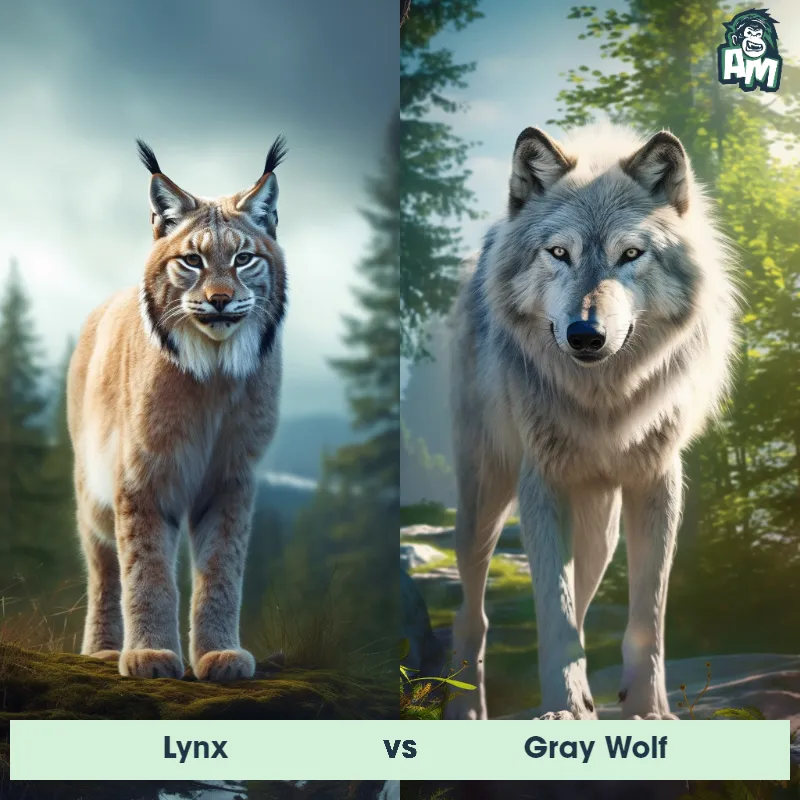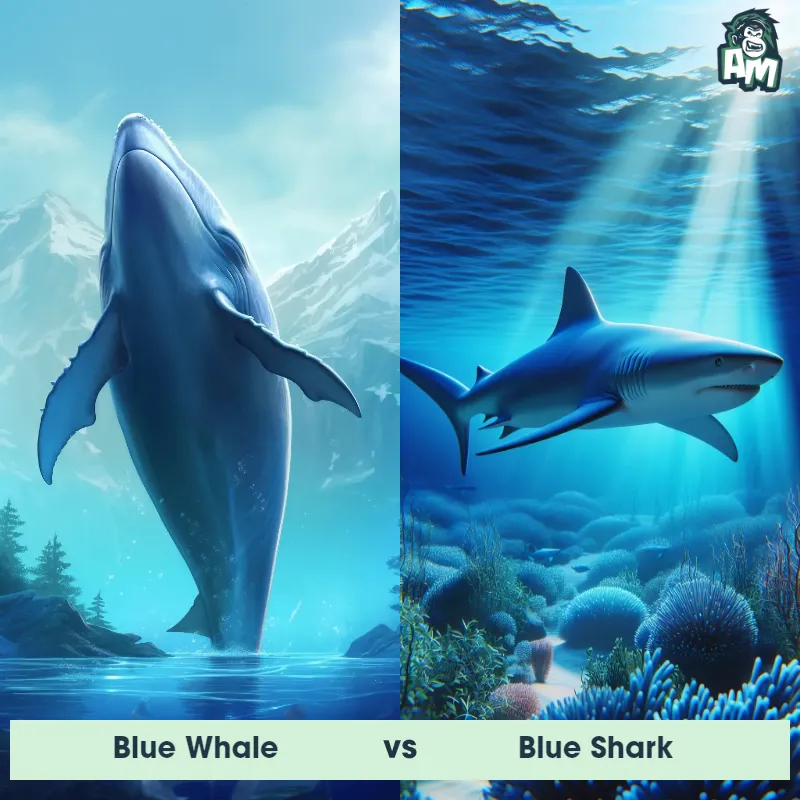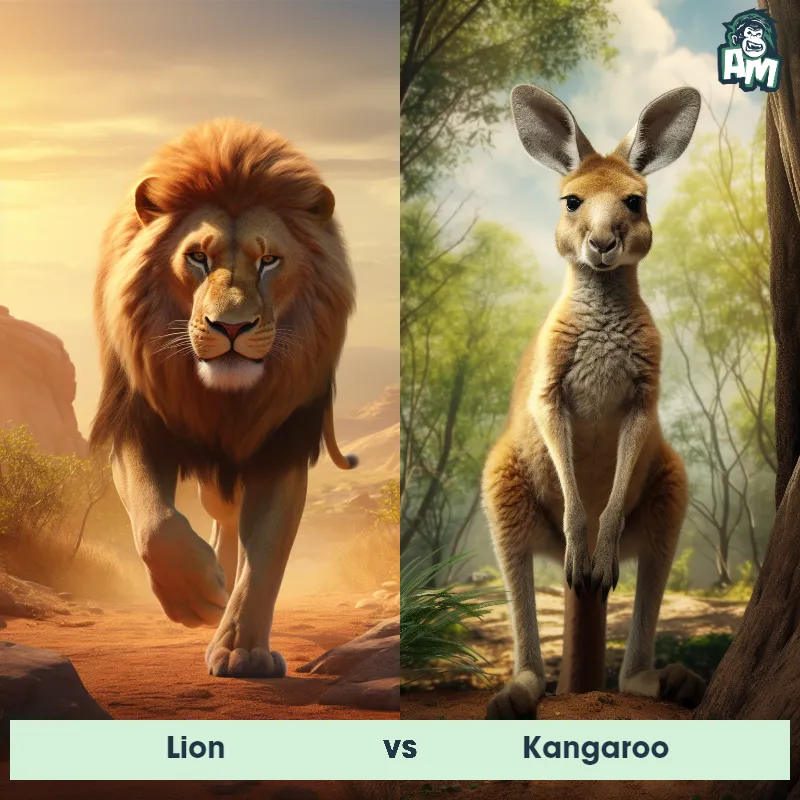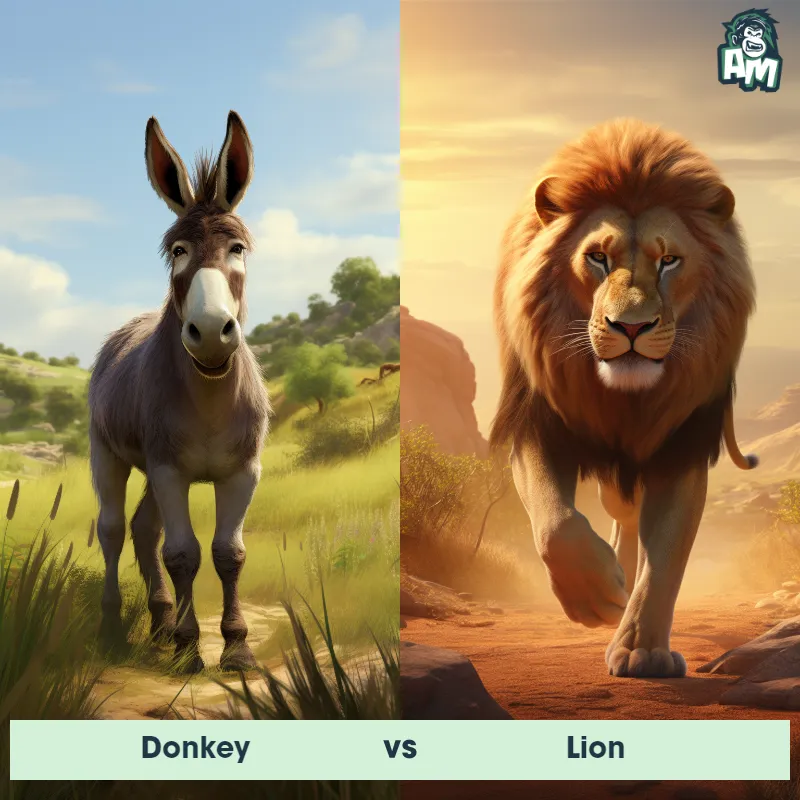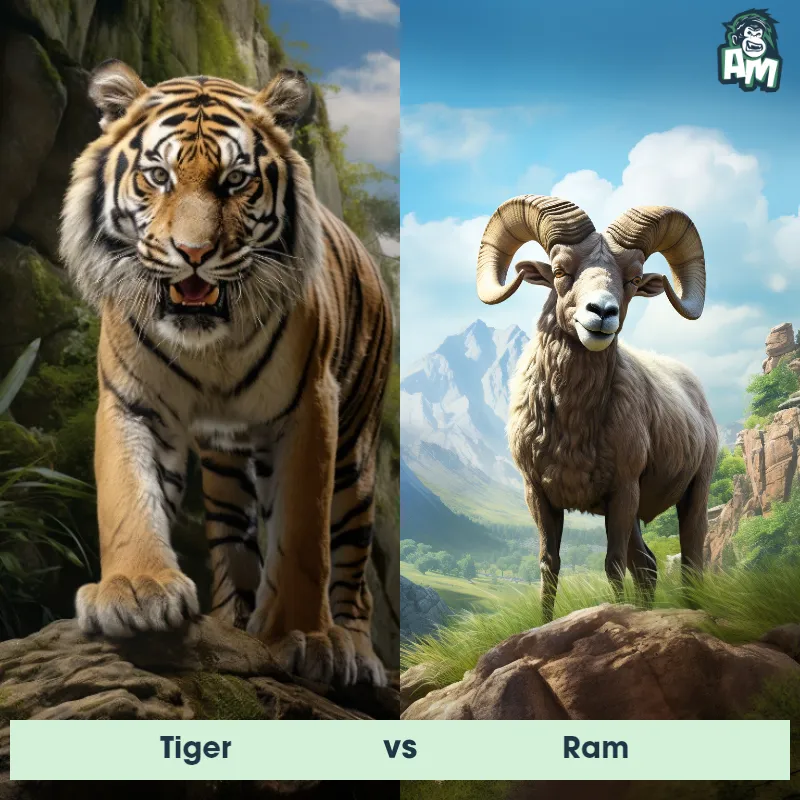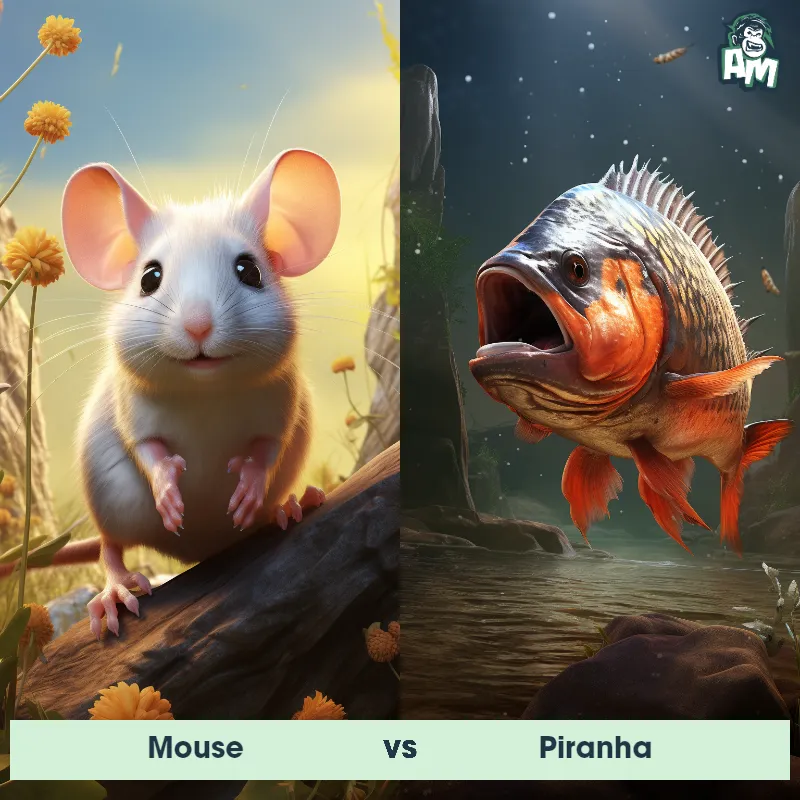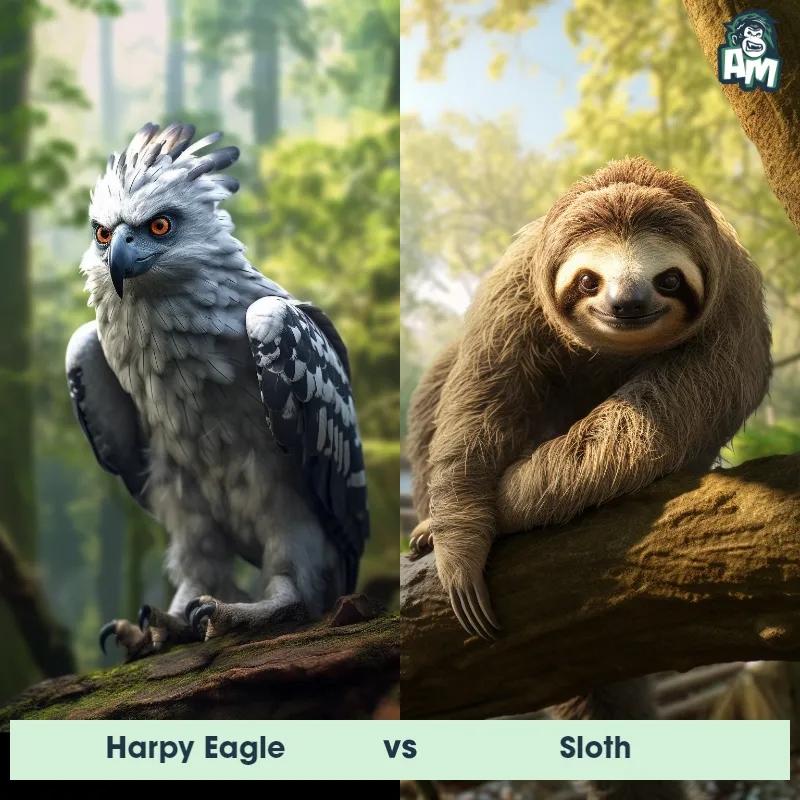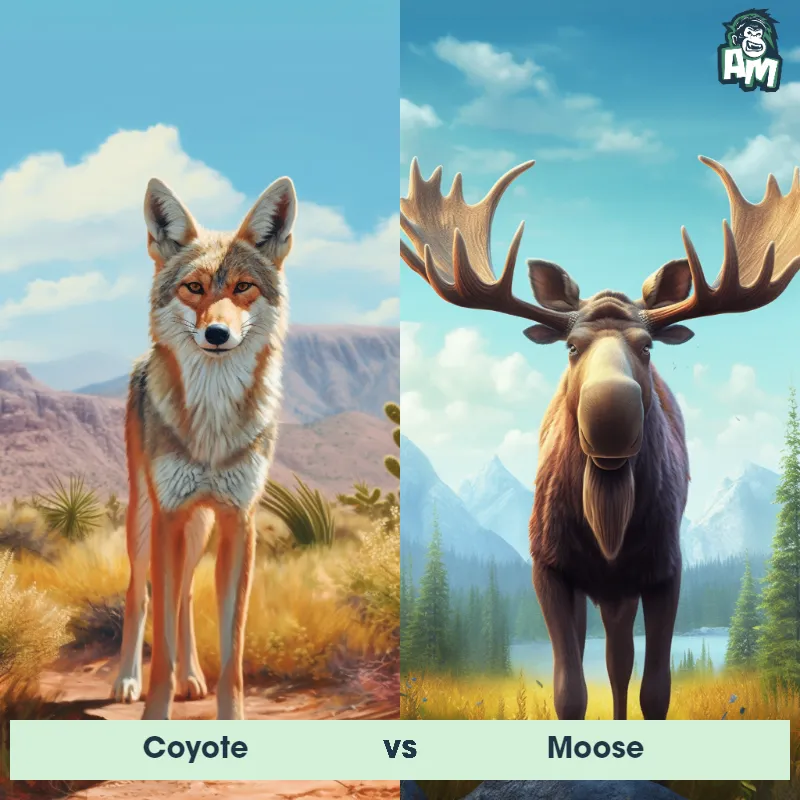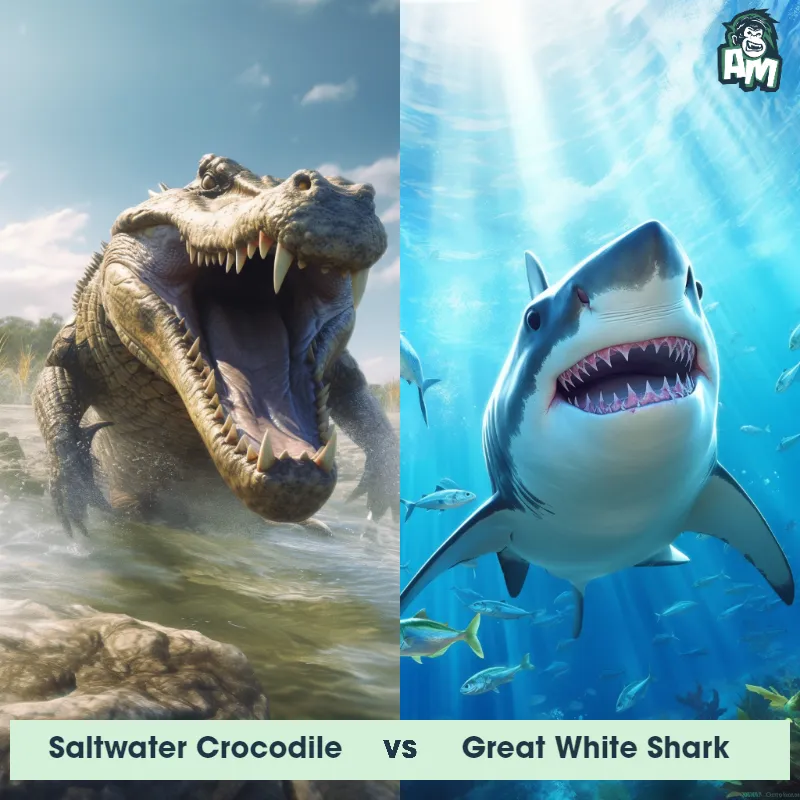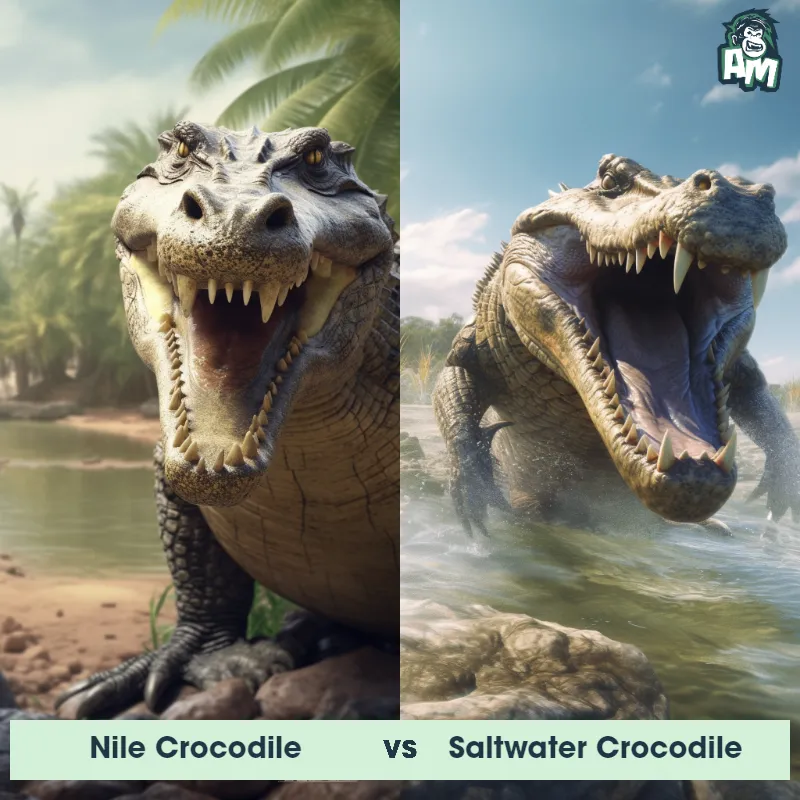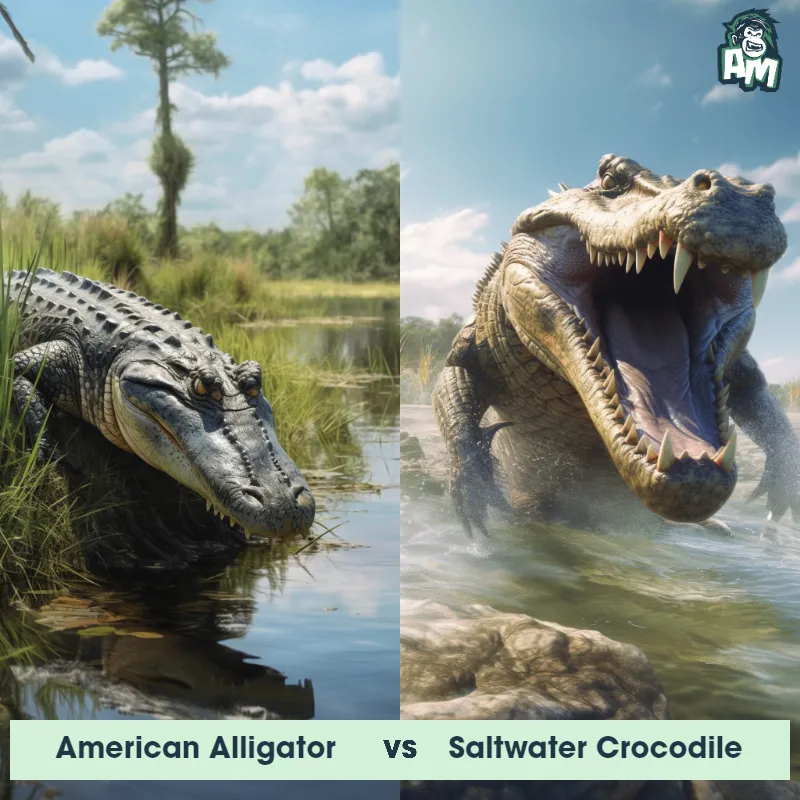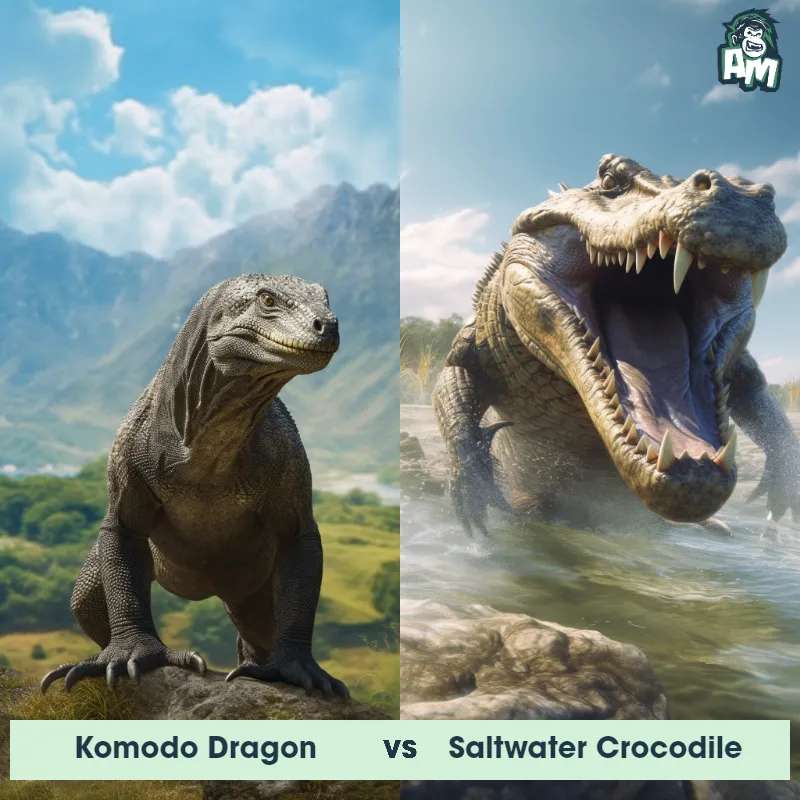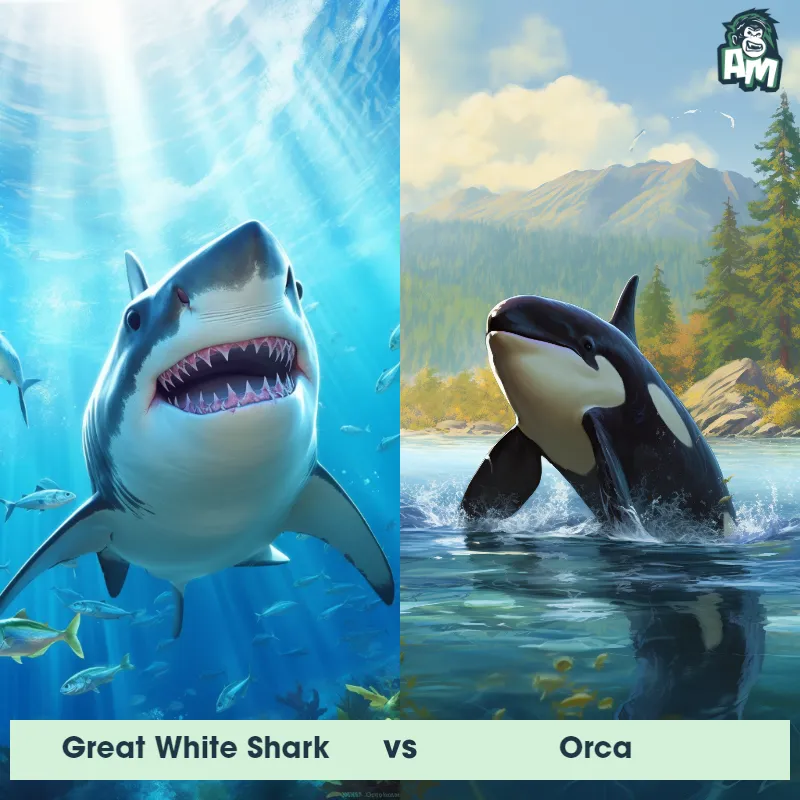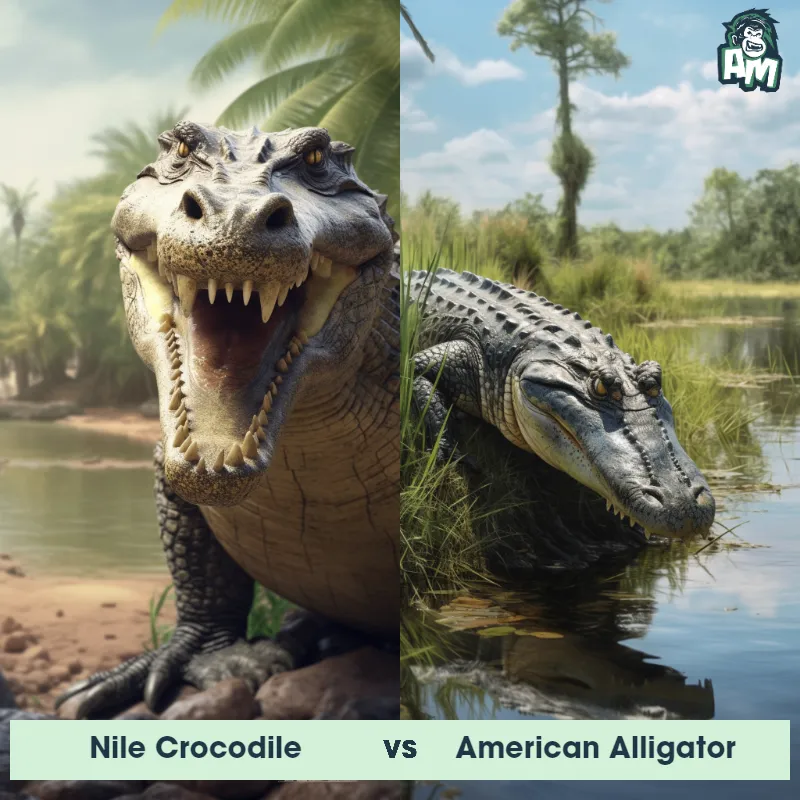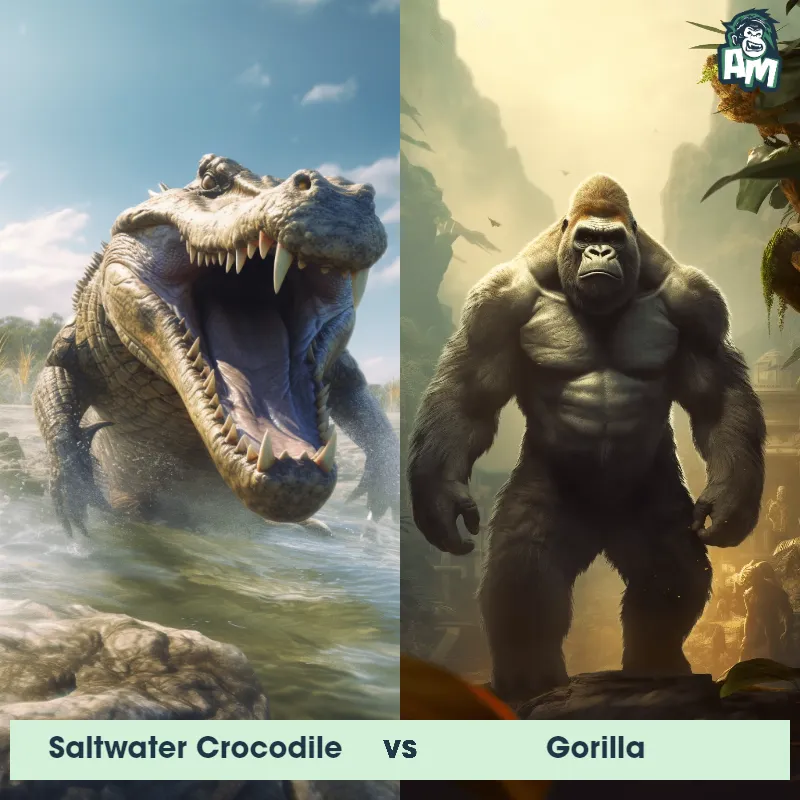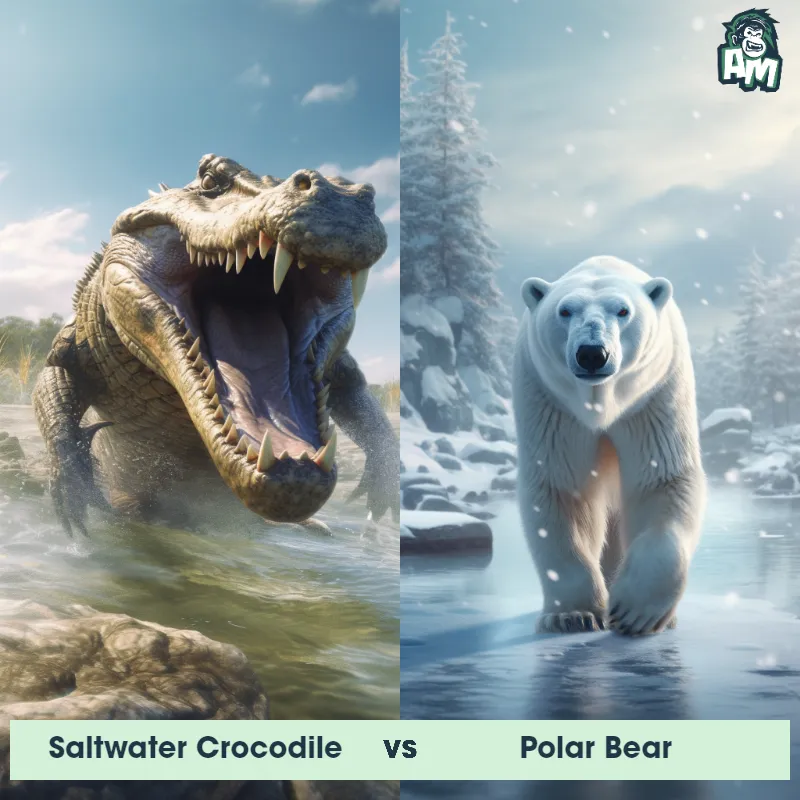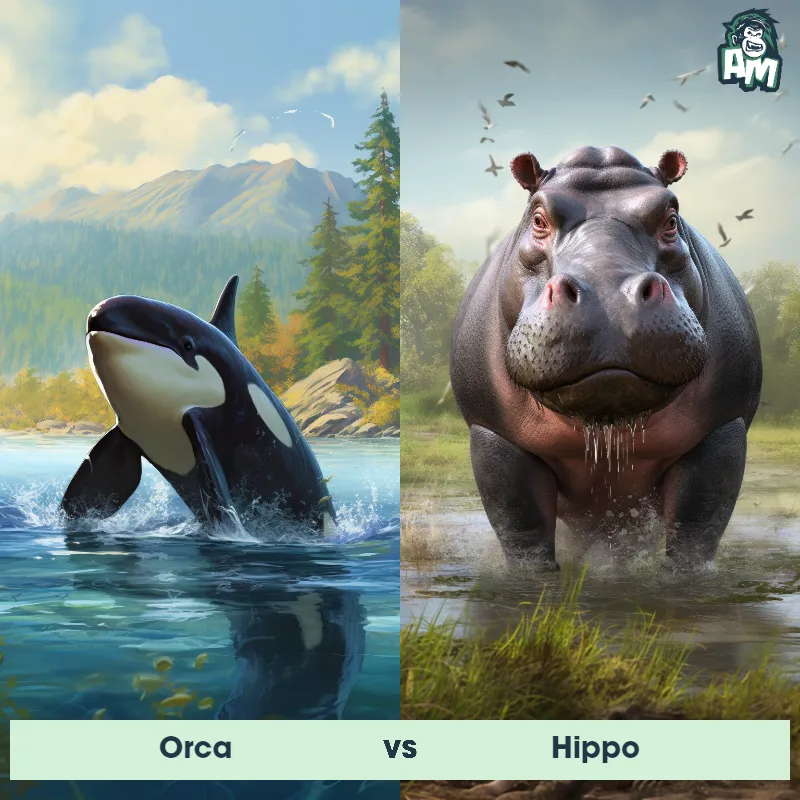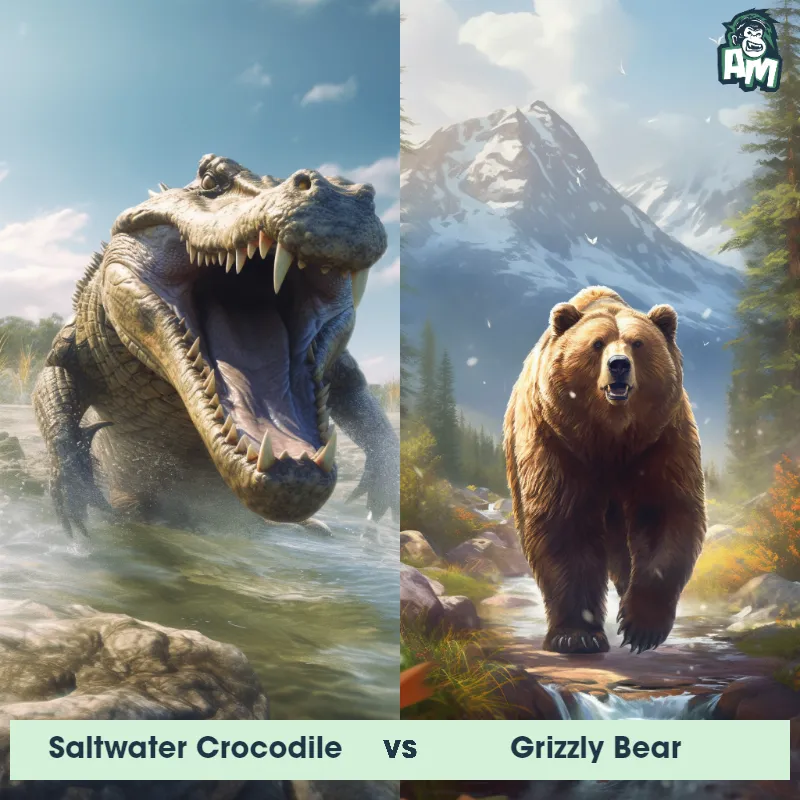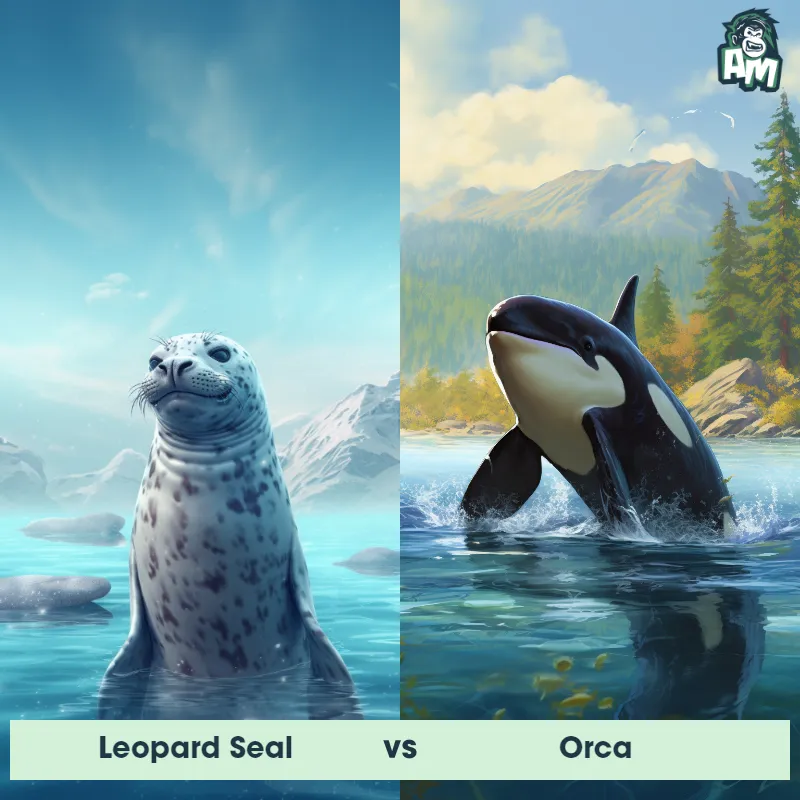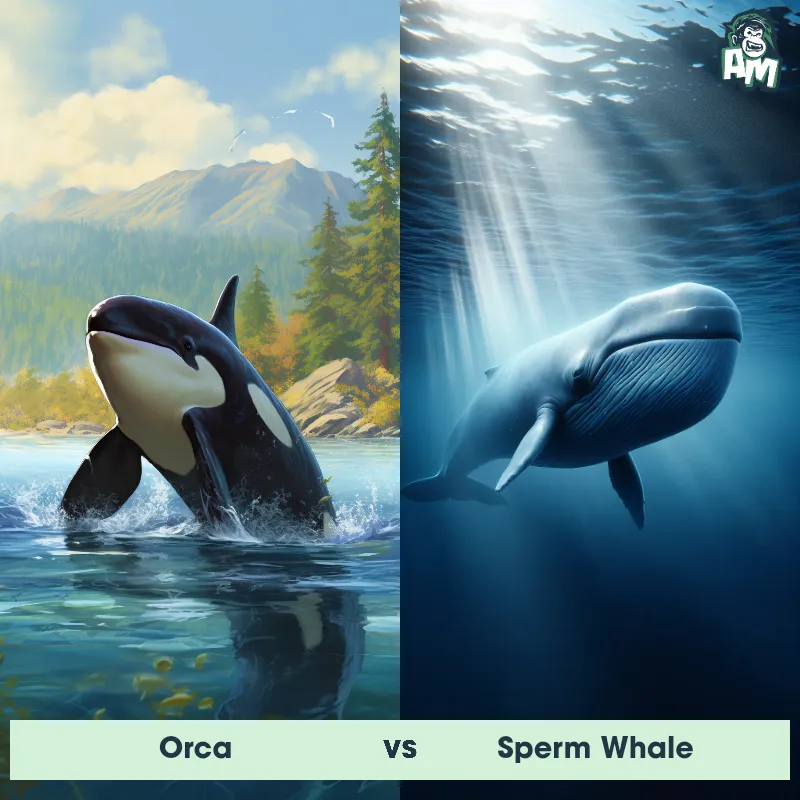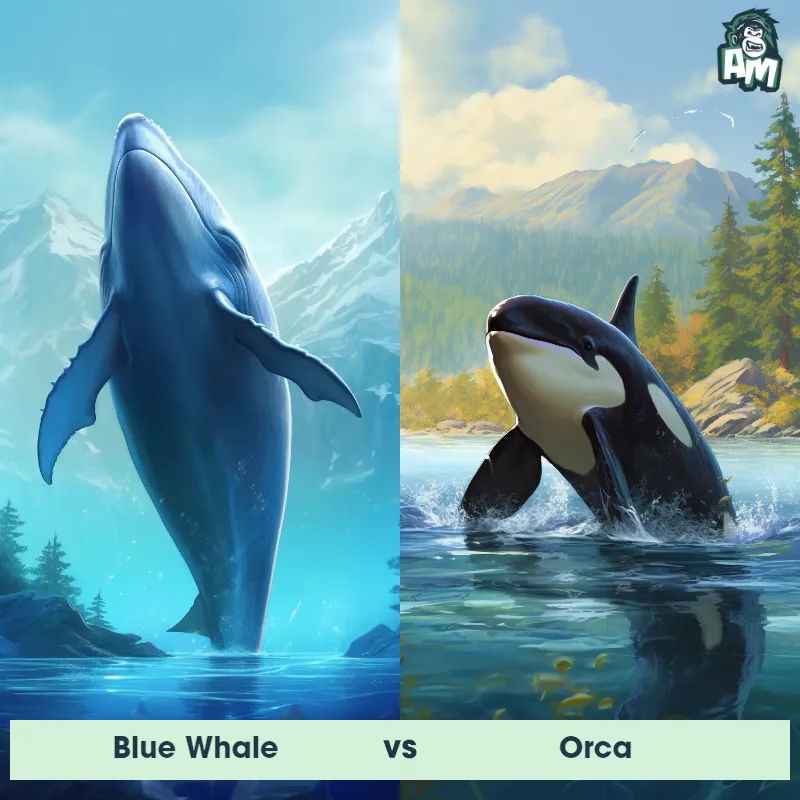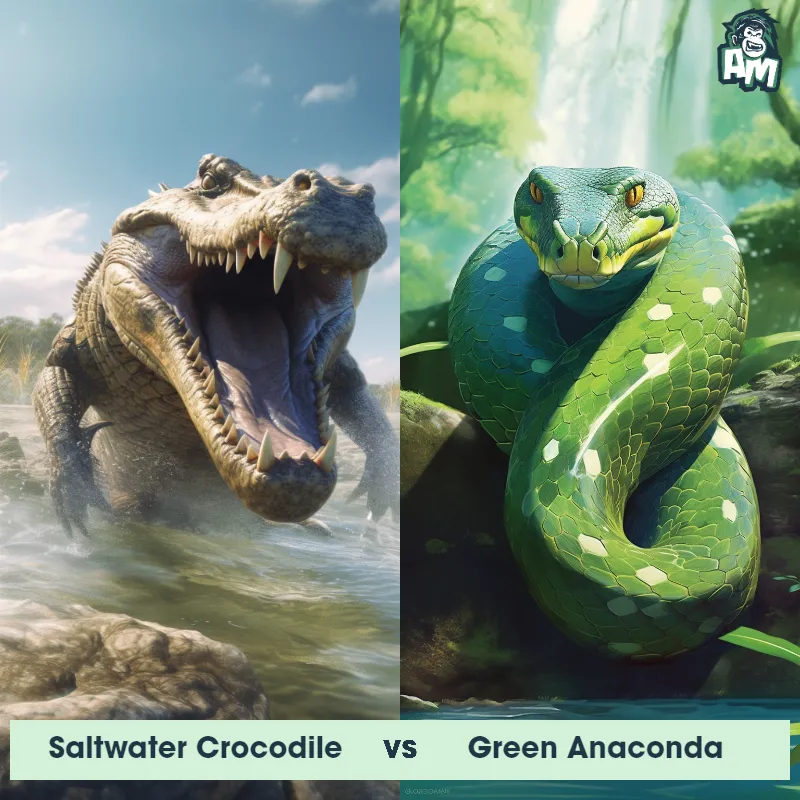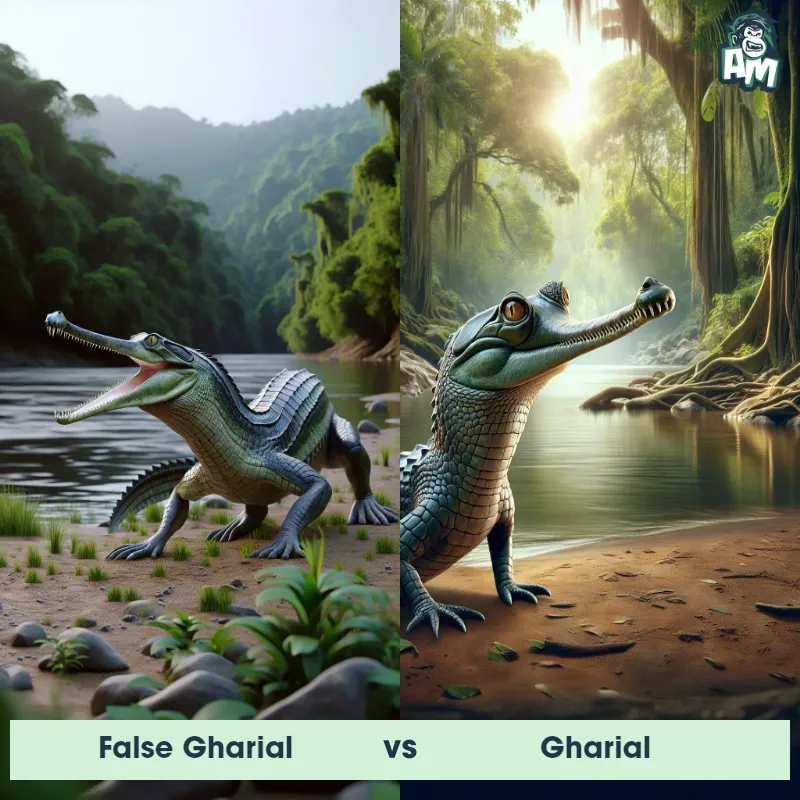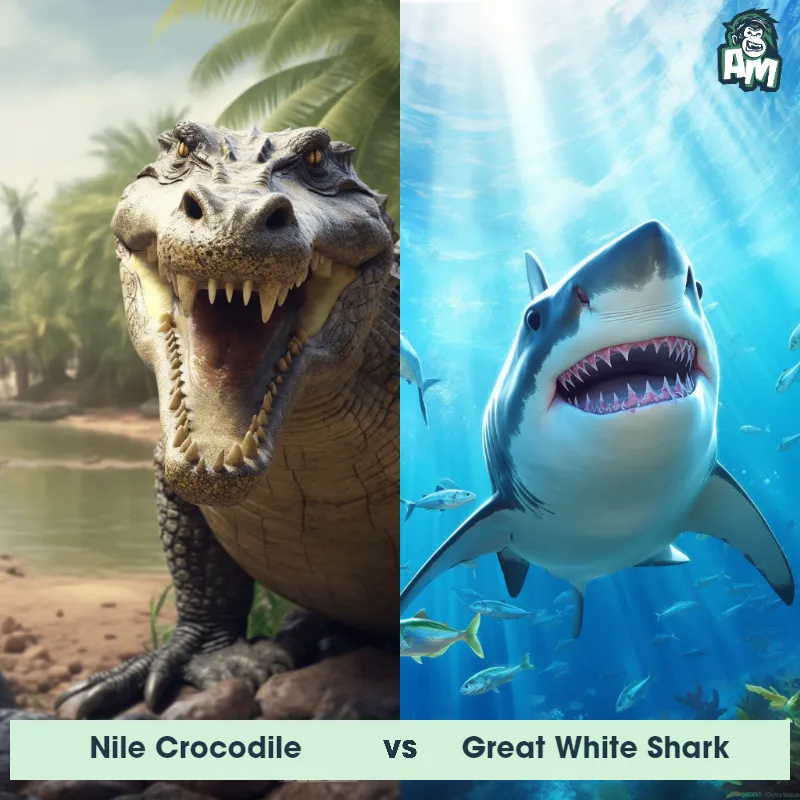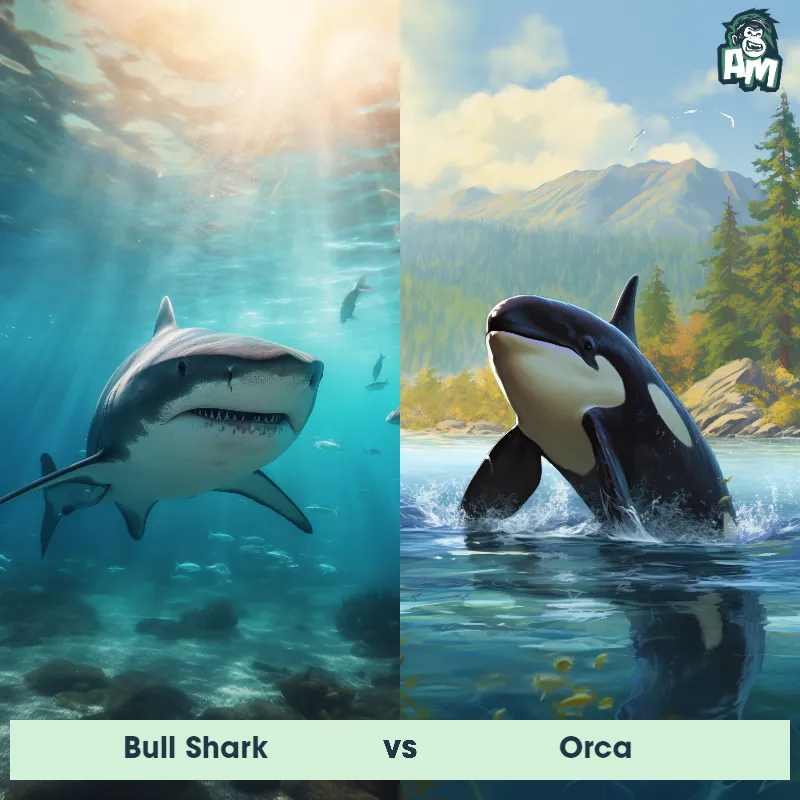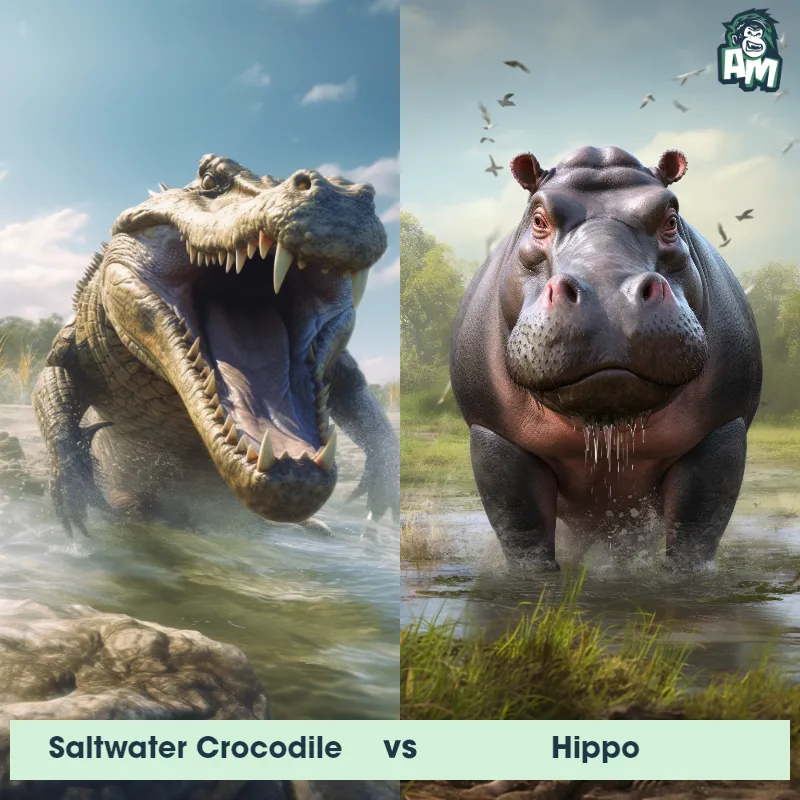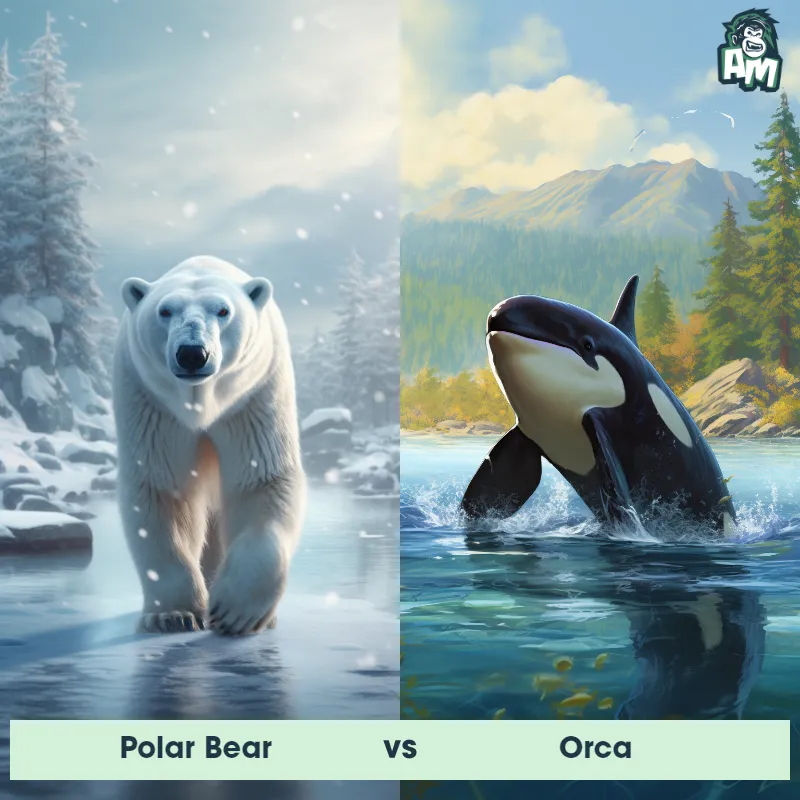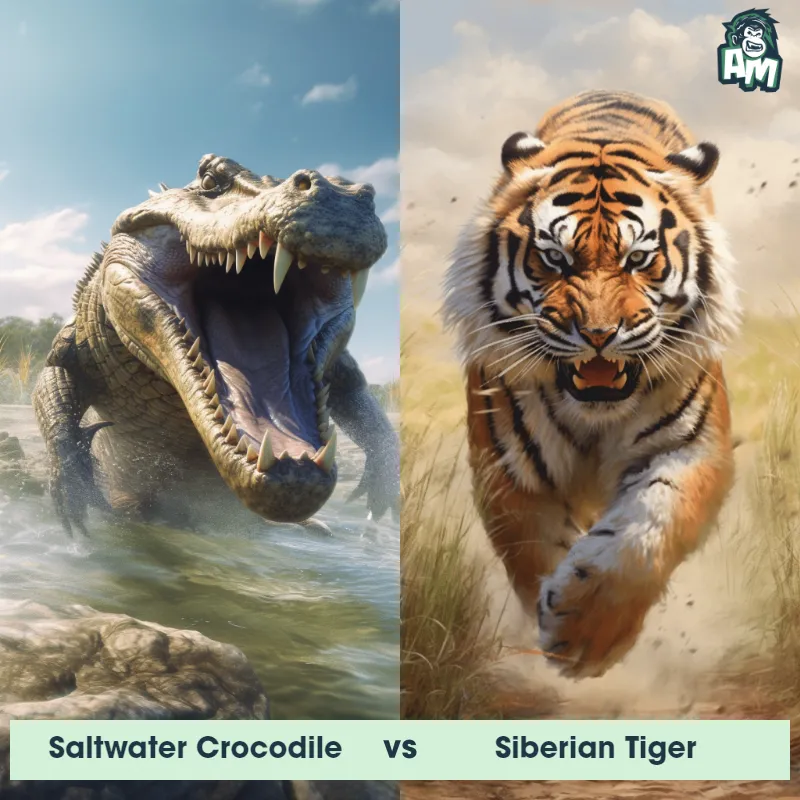Saltwater Crocodile vs OrcaSee Who Wins

Ladies and gentlemen, welcome to this extraordinary battle of the titans! We have here today an epic clash between two relentless predators of the deep. In the blue corner, weighing in at several tons, we have the majestic and formidable Orca. And in the green corner, weighing in at over a ton and armed with a mouthful of razor-sharp teeth, we have the mighty Saltwater Crocodile. This is undoubtedly going to be a match for the ages, as these incredible creatures go head-to-head in a three-round fight. Let the battle begin!
Contender 1: Saltwater Crocodile
The Saltwater Crocodile, also known as the estuarine crocodile, is the largest living reptile in the world, with males reaching up to 23 feet in length and weighing over a ton. They have a powerful jaw with over 60 teeth and are covered in tough, scaly skin that ranges from grayish-brown to black in color. They are found in the brackish and freshwater habitats of Southeast Asia and Northern Australia and are known for their aggressive behavior towards humans.
Fun Fact: Saltwater Crocodiles have the strongest bite force of any animal in the world, with a bite strength of up to 3,700 pounds per square inch, which is strong enough to crush a car.
Contender 2: Orca
The Orca, or killer whale, is a toothed whale belonging to the oceanic dolphin family. Known for their distinctive black-and-white coloration, orcas are among the most powerful predators on Earth. Adult males can grow up to 26 feet long and weigh up to six tons. They have a large dorsal fin, which in males can reach up to 6 feet in height. Orcas are found in oceans all over the world but are most common in the Arctic and the Antarctic. Their diet is diverse, including fish, seals, and even other whales.
Fun Fact: Orcas have a complex social structure, living in tight-knit family groups known as pods, and they are known to exhibit behaviors such as teaching, learning, cooperation, and grieving.
Matchup Stats
| Saltwater Crocodile | Orca | |
|---|---|---|
| Size | Up to 23 feet (7 meters) | Up to 26 feet long (7.9 meters) |
| Weight | Over a ton (1,000 kg) | Up to 6 tons (5,443 kilograms) |
| Speed | Land Speed: 11 mph (18 km/hr) | 35mph (56km/h) |
| Key Strength | Powerful jaw with 64-68 teeth and strongest bite force of any animal in the world | Powerful predator with strong jaws and sharp teeth |
| Biggest Weakness | Slow on land and vulnerable to attacks on the soft underbelly | Limited mobility on land |
Current Votes
Saltwater Crocodile vs Orca
See Who Wins
View More Matches
Looking For More?
Similar Matches
Scientific Stats
| Saltwater Crocodile | Orca | |
|---|---|---|
| Scientific Name | Crocodylus porosus | Orcinus orca |
| Family | Crocodylidae | Delphinidae |
| Habitat | Brackish and freshwater habitats | Oceans worldwide |
| Geography | Southeast Asia and Northern Australia | Global, most common in Arctic and Antarctic |
| Diet | Carnivorous, preys on fish, birds, mammals, and other reptiles | Fish, seals, and other whales |
| Lifespan | 70 years - 100 years | 50 years - 80 years |
Key Differences between Saltwater Crocodile and Orca
- Head Shape: The Saltwater Crocodile has a broad, elongated head with a large mouth filled with sharp teeth, whereas the Orca has a rounded head with a melon-shaped forehead and a set of large, interlocking teeth.
- Body Shape: The Saltwater Crocodile has a long, streamlined body with a tapering snout and a powerful tail, while the Orca has a robust, torpedo-shaped body with a rounded head and a prominent dorsal fin.
- Coloration: The Saltwater Crocodile usually has a dark brown or olive green color on their back, while their underside is lighter, whereas the Orca has a black body with distinct white patches on its belly, side, and underside of its flippers.
- Swimming motion: The Saltwater Crocodile moves through the water by undulating its body and propelling itself with its powerful tail, while the Orca swims by moving its powerful, horizontally-oriented tail up and down, propelling itself forward.
- Skin Texture: The Saltwater Crocodile has rough, scaly skin with a series of bumps on their back, whereas the Orca has smooth, rubbery skin with a dorsal fin on its back.
- Size: The Saltwater Crocodile can reach lengths of up to 23 feet and weigh over 2,000 pounds, while the Orca, also known as the killer whale, reaches lengths of up to 32 feet and can weigh around 6 tons.



